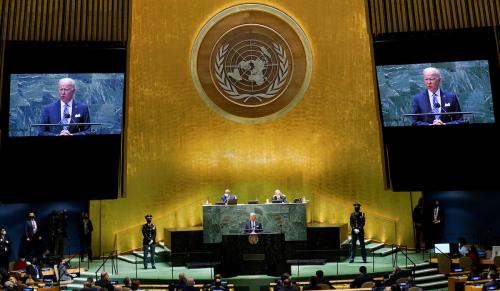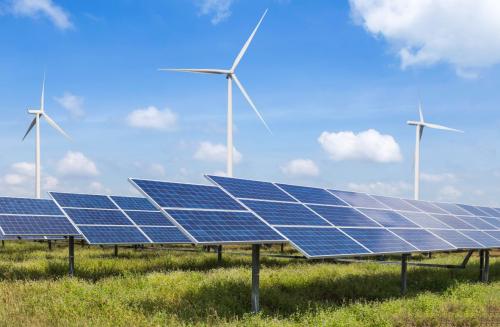This was a speech that reflected President Obama’s judgment on the nation’s priorities for investment, the state of the tax code, and the correct calibration of foreign policy. But it showed more than anything his judgment on the Republican Congress.
The President didn’t come to make deals, he came to make distinctions; not to bridge the gaps between the parties, but to dramatize them: between a GOP for the ‘rich’, and Democrats for the ‘middle class’. (It helps of course, that nine in ten Americans label themselves as middle class).
Having effectively written off the Republicans of the new congress, the President tried to trap them. This was a speech intended to define the Republican Party just as much as the Democrats (although of course a byproduct is a challenge to the Democrat 2016 field, since their reactions to his proposals will help define their candidacies).
President Obama knows he won’t get universal pre-K, free community college or paid sick leave. But he wants people to know that he wants them—and that the Republicans don’t. He’s throwing down the glove, saying in effect, “OK if you don’t want this, what do you want?” As even Bill Kristol, editor of the Weekly Standard, asked today on CNN, ‘What is the Republican agenda for the middle class?’
Obama was described by Ryan Lizza in the New Yorker in 2012 as a “post-post-partisan” president. This was very much the version on display tonight.
In terms of policy, the speech itself was fairly straightforward. Most of the components had been announced in advance. The President’s centerpiece tax plan is largely sensible, mildly redistributive, and, if not quite dead on arrival, certainly in intensive care.
But behind the politics and the policy lurks a larger question of political economy. Since the 1990s, inequality has mostly been growing between the top and the middle. Obama’s plan would largely redistribute along that same axis, offering assistance through the tax code to households that may be far from rich, but are also far from poor. Under the Obama plan, tax credits, and especially the Earned Income Tax Credit, would be available higher up the income scale. The proposed second earner allowance would help households that may be struggling to make ends meet, but who are not generally those on the breadline.
Lying behind the short-term politics and the specific policy proposals of the State of the Union is a challenging question about the redistributive role of the state in a world in which the middle is falling behind the rich. Does the government now have to offer not only a safety net for those who fall on hard times, but also income support to the vast swath of non-rich households, on a near-permanent basis? Given the stubborn trends in income growth for those on different rungs of the ladder, maybe so.



Commentary
State of the Union: Is the American Middle Class in Need of Government Assistance?
January 20, 2015